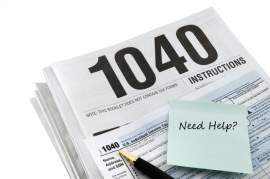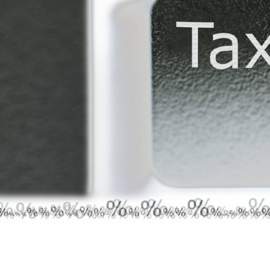
4 Focus Areas of the UK Audit Commission

The audit commission in the UK is an independent program that focuses on bettering the economy and allowing local public service to efficient and effective so that they can better serve their communities.
The audit commission in the UK looks into different companies including local government offices, health care centers, community rescue companies, and housing facilities to ensure that they are truthfully claiming their funds. The audit commission values the taxpayers’ money.
Focusing on four main areas, the audit commission in the UK looks at auditing, assessments, research, and data matching. The audit commission is the primary auditors of the local public companies.
The audit commission works with councils, housing departments, and rescue services to ensure proper easements for their specific needs. Research is conducted regularly to understand all policies and how they affect company owners and consumers. Lastly, data matching is conducted to detect any fraud or errors that may have been entered.
Created in January of 1983, the Audit Commission was established for Local Authorities due to the Local Government Finance Act of 1982. By April of the same year, the Audit Commission began to work as a public corporation auditing for any company in need. The Audit Commission consists of several commissioners and a Chairman.
Commissioners are appointed by the communities and local governments and must be approved by key stakeholders. The entire Board meets every six weeks to discuss: the values, standards, strategies, and objectives of the commission, budgets, performance of members, and account members work.
NEXT: What To Know About Auditing





















